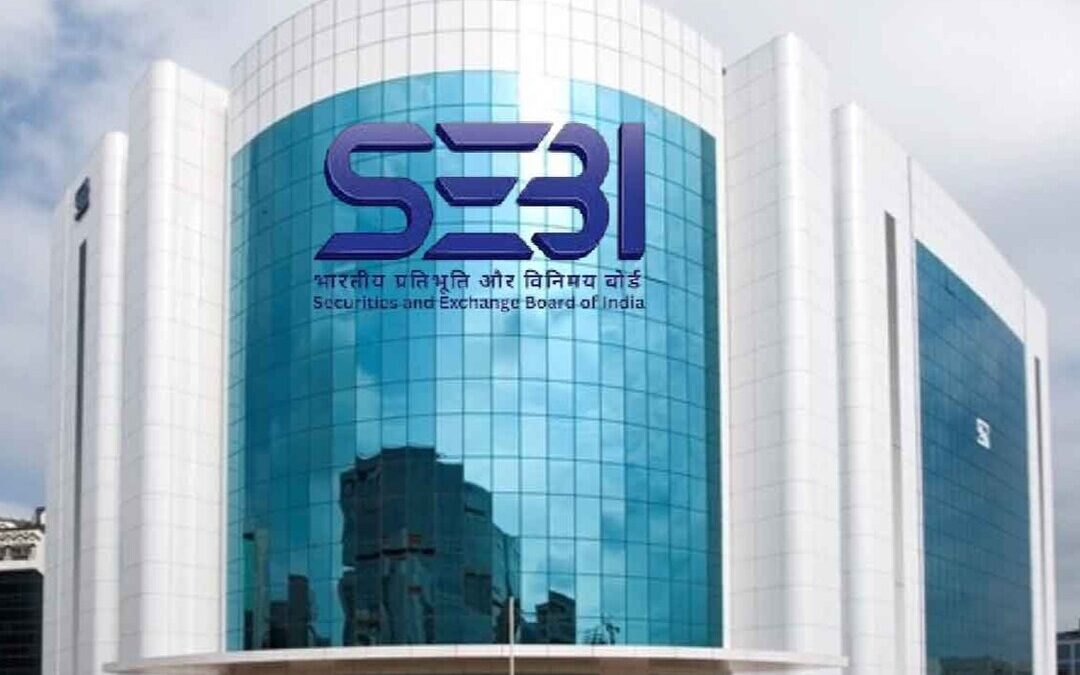SEBI Issues Framework for ESG Debt Securities Beyond Green Bonds
The framework aims to deepen the country’s sustainable finance ecosystem and address risks of purpose-washing.
The Securities and Exchange Board of India introduced a comprehensive framework on Thursday for the issuance and listing of ESG debt securities, extending beyond green bonds, deepening the country’s sustainable finance ecosystem and addressing the risks associated with “purpose-washing.”
The capital markets regulator said the new guidelines apply to social bonds, sustainability bonds, and sustainability-linked bonds. These are collectively defined, along with green bonds, under the umbrella of ESG debt securities.
The framework follows the approval granted at SEBI’s board meeting on Sept. 30, 2024, and was developed in consultation with the Industry Standards Forum, the regulator said in a circular.
“ESG debt securities” are defined as instruments aligned with international standards and adjusted for Indian market conditions, including frameworks such as those of the International Capital Market Association, the Climate Bonds Standard and the European Union.
Disclosure Requirements and Oversight
Issuers of ESG bonds must meet extensive initial and ongoing disclosure requirements, including publishing impact reports, verifying the use of funds, and appointing independent third-party reviewers.
These reviewers must ensure that issuers’ projects align with the stated sustainability objectives and avoid misleading claims or “purpose-washing.”
Social bonds, SEBI said, must fund projects targeting affordable housing, employment generation, food security, and similar goals. Sustainability bonds should finance a mix of green and social projects.
Sustainability-linked bonds must tie financial terms to predefined environmental or social targets, measured through key performance indicators.
Monitoring and Enforcement Measures
Issuers are required to maintain rigorous internal monitoring and publish post-issuance impact reports, which are verified by independent parties.
If issuers deviate from the declared use of proceeds, SEBI has authorized the early redemption of bonds, subject to the consent of debenture holders.
“Highest standards must be maintained… issuers shall not use misleading labels or cherry-pick data,” SEBI said.
Entities eligible to list on SME exchanges are also required to comply with the biannual disclosure requirements under the framework, ensuring uniform standards across market segments.
The framework took effect immediately for all ESG debt security issuances dated on or after June 5, 2025.
SEBI issued the circular under its regulatory powers to protect investor interests and ensure market integrity.
Also Read:
SEBI to Widen Scope of Sustainable Finance Through ESG Debts
Nirmal Menon
Related posts

Subscribe
Error: Contact form not found.


